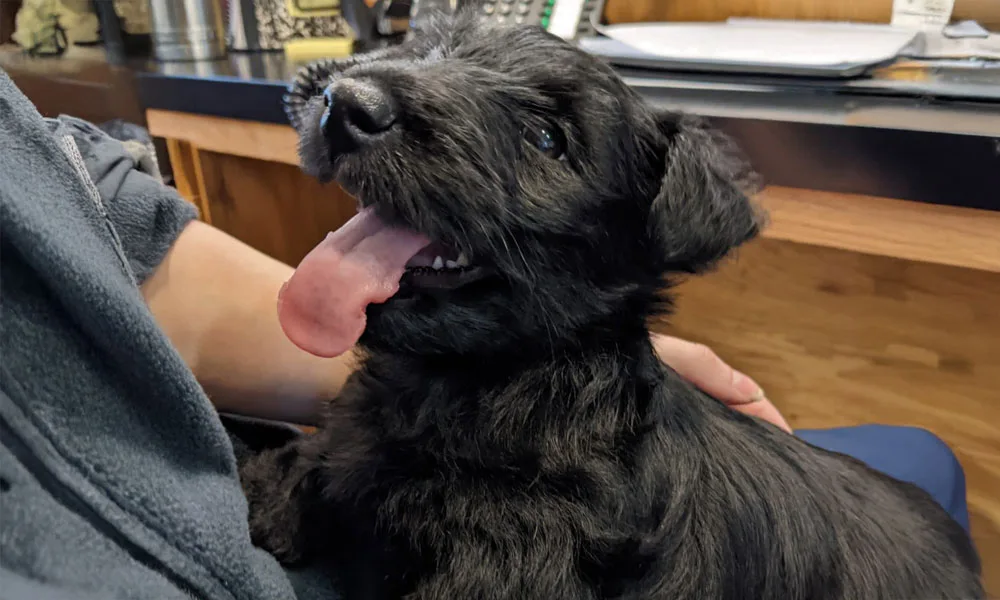
If your dog is experiencing digestive problems, you’re not alone. Gastrointestinal (GI) issues are one of the most common reasons pet owners seek veterinary care.
Whether it’s vomiting, diarrhea, or a sudden loss of appetite, digestive symptoms can be alarming—and they often point to a deeper health concern that you shouldn’t ignore.
At East Hill Animal Hospital in Pensacola, our experienced veterinarians are equipped with advanced diagnostic tools and compassionate care to help identify and treat your dog’s digestive issues efficiently and effectively.
Common Symptoms of Digestive Issues in Dogs
Digestive problems can range from mild and temporary to chronic and life-threatening. Watch for these symptoms if you suspect your dog is having GI trouble:
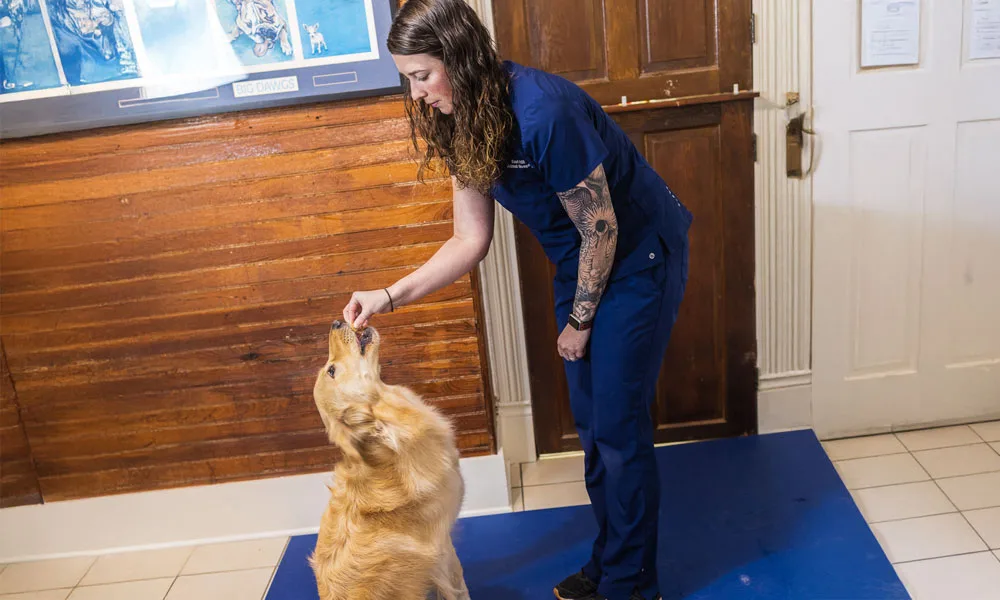
- Vomiting: One-off vomiting may not be serious, but persistent or bloody vomiting is a red flag.
- Diarrhea: Frequent loose stools or diarrhea that lasts more than a day should be evaluated.
- Loss of Appetite: Dogs typically love food. A sudden refusal to eat may signal GI upset or pain.
- Excessive Gas or Bloating: While some flatulence is normal, excessive gas or a visibly bloated abdomen can indicate an obstruction or more serious issue.
- Lethargy: A dog that is unusually tired or uninterested in activities may be suffering from internal discomfort.
- Abdominal Pain: Signs include whining when the belly is touched, restlessness, or the “prayer position” (front legs down, rear end up).
- Weight Loss: Chronic digestive problems can prevent nutrient absorption, leading to weight loss.
If you notice any of these symptoms, it’s time to schedule a veterinary visit—especially if they persist beyond 24–48 hours.
Causes of Digestive Problems

There are many reasons a dog might suffer from GI distress, including:
- Dietary Indiscretion: Dogs are notorious for eating things they shouldn’t—table scraps, trash, or foreign objects.
- Food Intolerances or Allergies: Dogs can develop sensitivities to certain ingredients like humans.
- Infections: Bacterial, viral, or parasitic infections (such as Giardia or parvovirus) are common causes.
- Inflammatory Bowel Disease (IBD): Chronic digestive tract inflammation that requires long-term management.
- Pancreatitis: Inflammation of the pancreas, often triggered by high-fat meals.
- Gastrointestinal Obstruction: Swallowed toys, bones, or socks can block the intestines and may require emergency surgery.
How East Hill Animal Hospital Diagnoses Digestive Issues
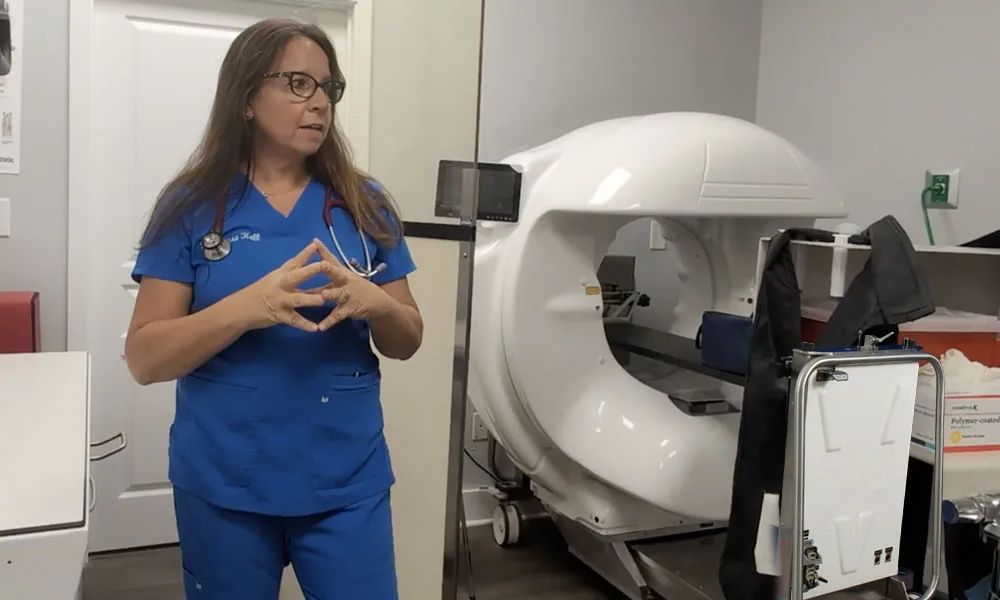
At East Hill Animal Hospital, located in our new state-of-the-art facility in Pensacola, we take a thorough approach to diagnosing GI problems. Your veterinarian will begin with a complete physical exam and discuss your pet’s recent behavior and diet. Diagnostics may include:
- Fecal Testing to check for parasites.
- Blood Work to detect infections, inflammation, or organ issues.
- X-rays or Ultrasound to visualize blockages, masses, or organ inflammation.
- High-Definition CT Scanning to provide precise internal imaging when needed.
Our advanced in-house diagnostic tools can quickly identify the root cause of your pet’s discomfort and recommend the right treatment plan.
Treatment Options and Ongoing Care
Treatment depends on the diagnosis, but may include:
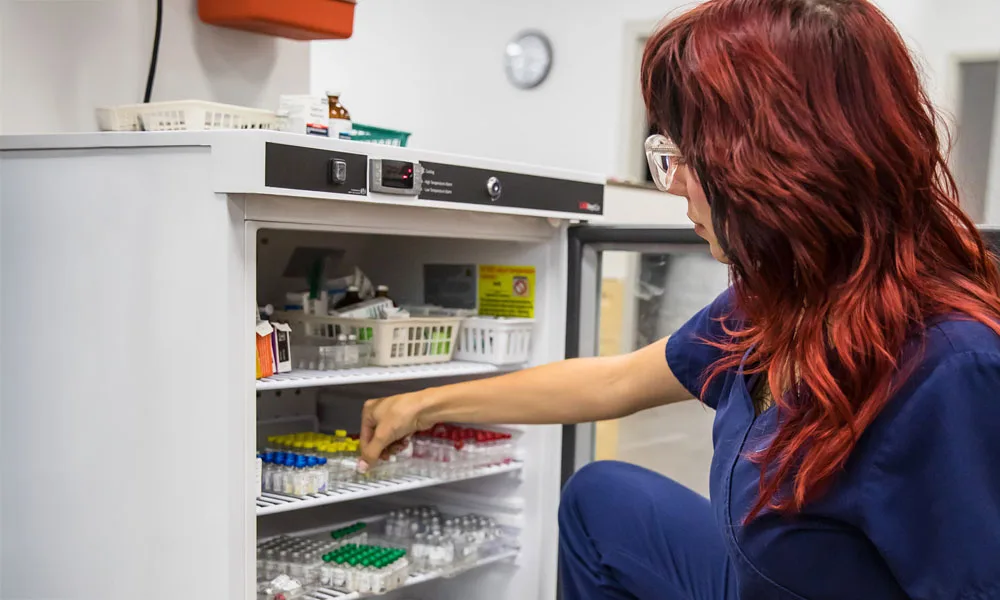
- Dietary Changes: Prescription diets or food trials for sensitive stomachs or allergies.
- Medications: Anti-nausea drugs, antacids, antibiotics, or dewormers, depending on the issue.
- Fluid Therapy: Especially for dogs that are dehydrated from vomiting or diarrhea.
- Surgery: Required for cases involving foreign body ingestion or serious obstructions.
- Long-Term Management: Chronic conditions like IBD require regular monitoring, dietary adjustments, and medications.
We also offer follow-up care and ongoing wellness checkups to ensure your dog stays healthy and comfortable.
Trust Pensacola’s Experts in Canine Digestive Health
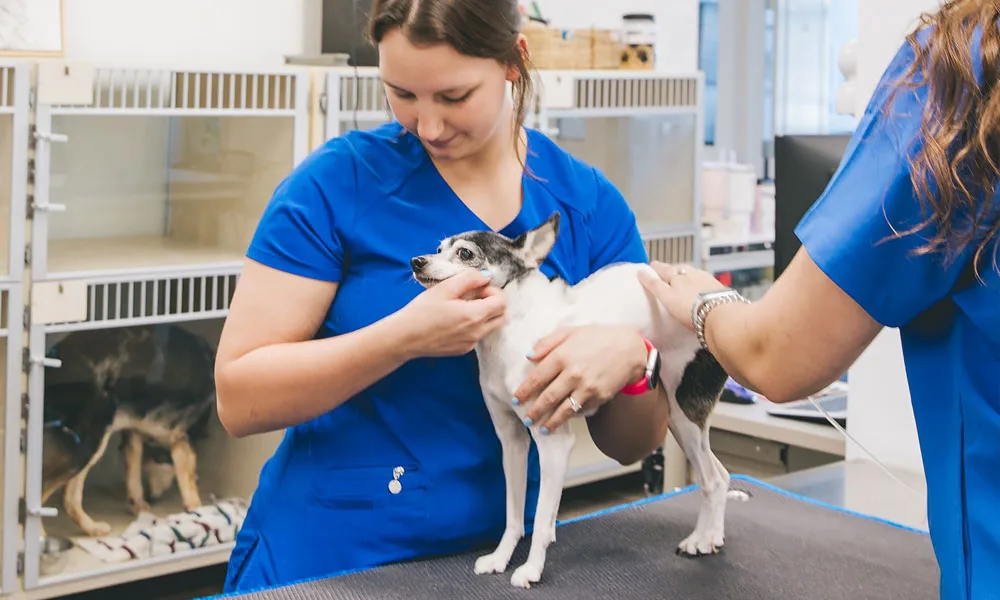
East Hill Animal Hospital has been a trusted name in Pensacola for years. Our compassionate, highly skilled veterinarians and technicians understand how stressful it can be when your dog isn’t feeling well. That’s why we offer same-day appointments for urgent cases and a full range of diagnostic and treatment services under one roof.
If your dog is showing signs of digestive distress, don’t wait. Contact East Hill Animal Hospital today—we’ll help your pup return to tail-wagging health quickly.
